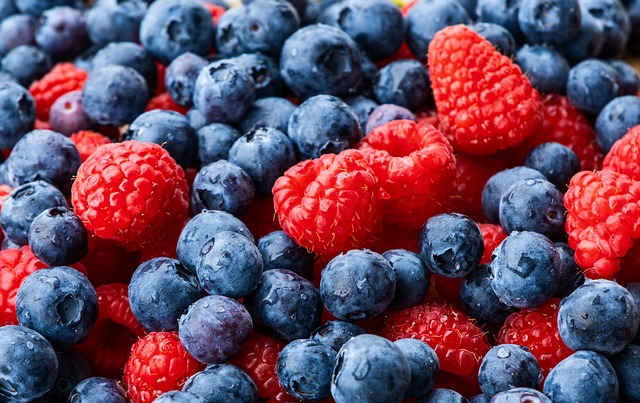(‘Probiotics Demystified: Everything You Need to Know about Good Bacteria’)
Probiotics have gained significant popularity in the health and wellness industry in recent years. You’ve probably seen the term on yogurt labels, supplements, or even beauty products. But what exactly are probiotics, and why are they so important?
What are Probiotics?
Probiotics are live microorganisms, commonly known as “good bacteria,” that provide health benefits when consumed in adequate amounts. They are similar to the beneficial bacteria naturally found in our bodies, particularly in our digestive system.
The Role of Probiotics in Gut Health
The gut microbiota, a complex community of microorganisms in our digestive tract, plays a critical role in maintaining our overall health. Probiotics help maintain a balanced gut microbiota by controlling the growth of harmful bacteria, supporting digestion, and promoting nutrient absorption.
Probiotics also play a vital role in strengthening the intestinal barrier, which prevents harmful substances from entering our bloodstream and protects us from infections and diseases.
Benefits of Probiotics
Consuming probiotics has been associated with several health benefits, such as:
- Improved digestion and relief from digestive disorders like irritable bowel syndrome (IBS) and inflammatory bowel disease (IBD).
- Boosted immune system function by enhancing the production of antibodies and natural killer cells.
- Reduced risk of antibiotic-associated diarrhea by restoring the natural balance of gut bacteria.
- Prevention and management of urinary tract infections and vaginal yeast infections in women.
- Enhanced mental health by influencing the gut-brain axis, which connects the gut and the brain.
- Potential reduction in blood pressure and cholesterol levels.
- Support for weight management and the prevention of obesity.
- Improvement in skin conditions like eczema and acne.
Sources of Probiotics
Probiotics can be obtained through various sources, including:
- Yogurt: Look for yogurt labeled with “live and active cultures.”
- Kefir: A fermented milk drink that contains a combination of bacteria and yeast.
- Sauerkraut: Fermented cabbage that provides a natural source of probiotics.
- Kimchi: A Korean traditional dish made from fermented vegetables.
- Miso: A traditional Japanese seasoning made by fermenting soybeans with salt and a fungus called koji.
- Tempeh: A fermented soy product that originated in Indonesia.
- Probiotic supplements: Capsules, tablets, or powders that contain concentrated amounts of specific probiotic strains.
Choosing the Right Probiotic Supplement
If you decide to take probiotic supplements, it’s crucial to choose the right one for your needs. Consider the following factors:
- Strain diversity: Look for supplements with a variety of bacterial strains to target different aspects of gut health.
- CFU count: CFU stands for colony-forming units, which indicate the number of viable bacteria in each dose. Higher CFU counts aren’t always better, so choose based on your specific requirements.
- Potency and viability: Ensure the supplement guarantees bacteria viability through the expiration date.
- Reputation and quality: Opt for reputable brands that prioritize quality and have independent testing to verify their claims.
Precautions and Side Effects
While probiotics are generally safe for most people, some individuals may experience mild side effects like bloating or gas during the initial stages. If you have a weakened immune system or are critically ill, it’s important to consult with a healthcare professional before starting any probiotic regimen. Additionally, always follow the recommended dosage to prevent any potential complications.
In Conclusion
Probiotics are living microorganisms that offer numerous







